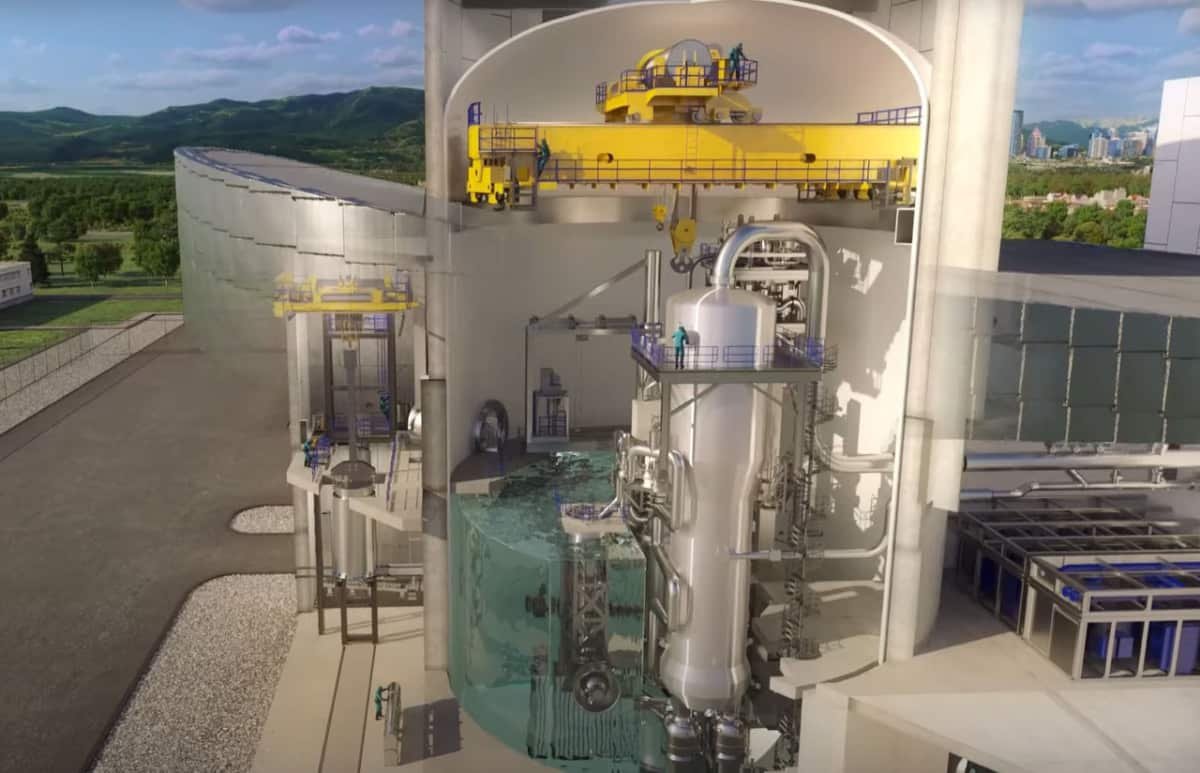In a groundbreaking development, experts are exploring the potential of generative AI to revolutionize the nuclear energy sector. With a growing emphasis on sustainable energy solutions, generative AI offers promising applications that could enhance the efficiency, safety, and scalability of nuclear power. This integration of AI into nuclear technology represents a forward-thinking approach to addressing the challenges and complexities of producing clean energy.
Generative AI, a subset of artificial intelligence, uses algorithms to analyze vast data sets and generate new insights or simulations. In the nuclear sector, this technology can help in various ways, such as optimizing reactor designs, improving fuel efficiency, and predicting potential system failures before they occur. Through simulation and predictive capabilities, generative AI allows researchers and engineers to model intricate nuclear processes, effectively reducing trial and error in design and safety measures.
Safety remains a top priority in nuclear energy, and generative AI is helping to address this critical aspect. By simulating extreme scenarios and system responses, AI algorithms can identify vulnerabilities in nuclear plants and recommend modifications to prevent accidents. For example, generative AI can predict the effects of environmental changes, such as earthquakes or extreme weather, on reactor stability. This predictive ability enables operators to take preventive measures, significantly enhancing safety and reducing risks associated with nuclear power.
Beyond safety, generative AI contributes to efficiency improvements in nuclear energy production. The technology can assist in optimizing fuel usage, extending the life of nuclear reactors, and minimizing waste production. By analyzing operational data, AI systems can identify ways to maximize energy output while reducing costs and environmental impact. This increased efficiency is essential for making nuclear power a more competitive and sustainable option in the global energy market.
Generative AI also plays a key role in advancing research and development in nuclear technology. The complexity of nuclear systems often requires extensive experimentation and testing, but AI-powered simulations can accelerate this process by providing reliable models of nuclear reactions and behaviors. This approach saves time and resources, allowing scientists to develop advanced reactors, including small modular reactors (SMRs) and other innovative designs, more efficiently. These developments could make nuclear energy more accessible and adaptable to various energy needs worldwide.
Despite the promising applications, the use of generative AI in nuclear energy also brings challenges. The integration of AI requires careful oversight to prevent system errors or biases in the algorithms. Additionally, concerns about cybersecurity must be addressed to ensure that AI systems managing nuclear operations are protected from external threats. As generative AI becomes more integrated into nuclear technology, the industry must establish robust frameworks to manage these risks and ensure the safe deployment of AI solutions.
As the world faces an urgent need for clean, reliable energy, the partnership between generative AI and nuclear power could play a pivotal role. This collaboration has the potential to push nuclear energy into a new era of safety and sustainability, offering a valuable alternative to fossil fuels. With ongoing advancements, generative AI could reshape the nuclear energy landscape, providing the industry with innovative tools to meet the global demand for clean energy effectively.
Read More






 Friday, 30-01-26
Friday, 30-01-26







